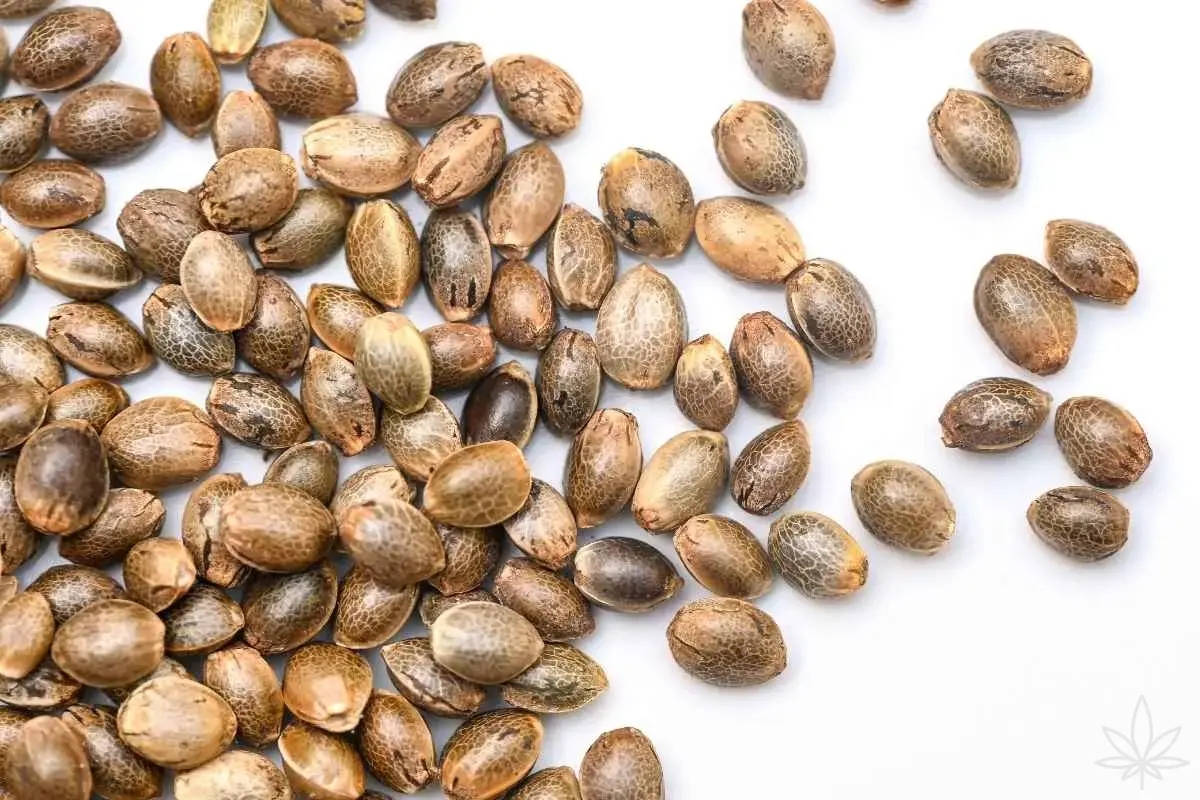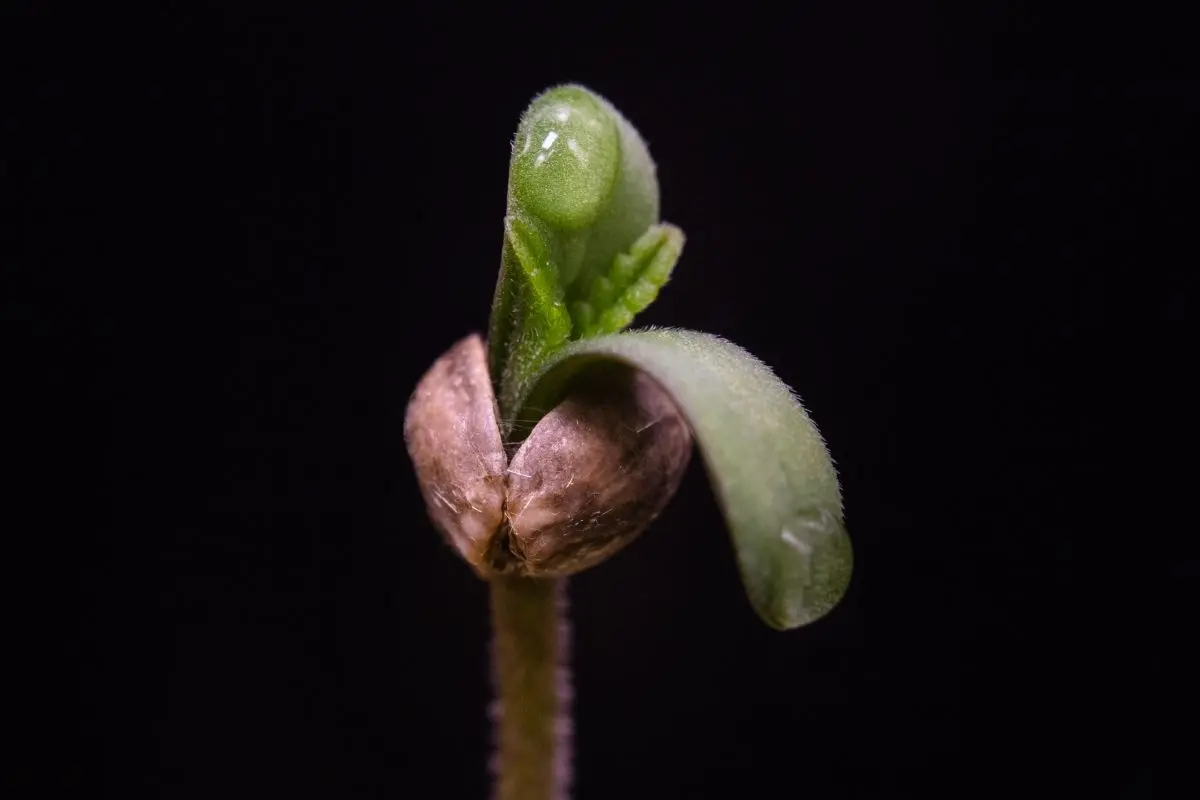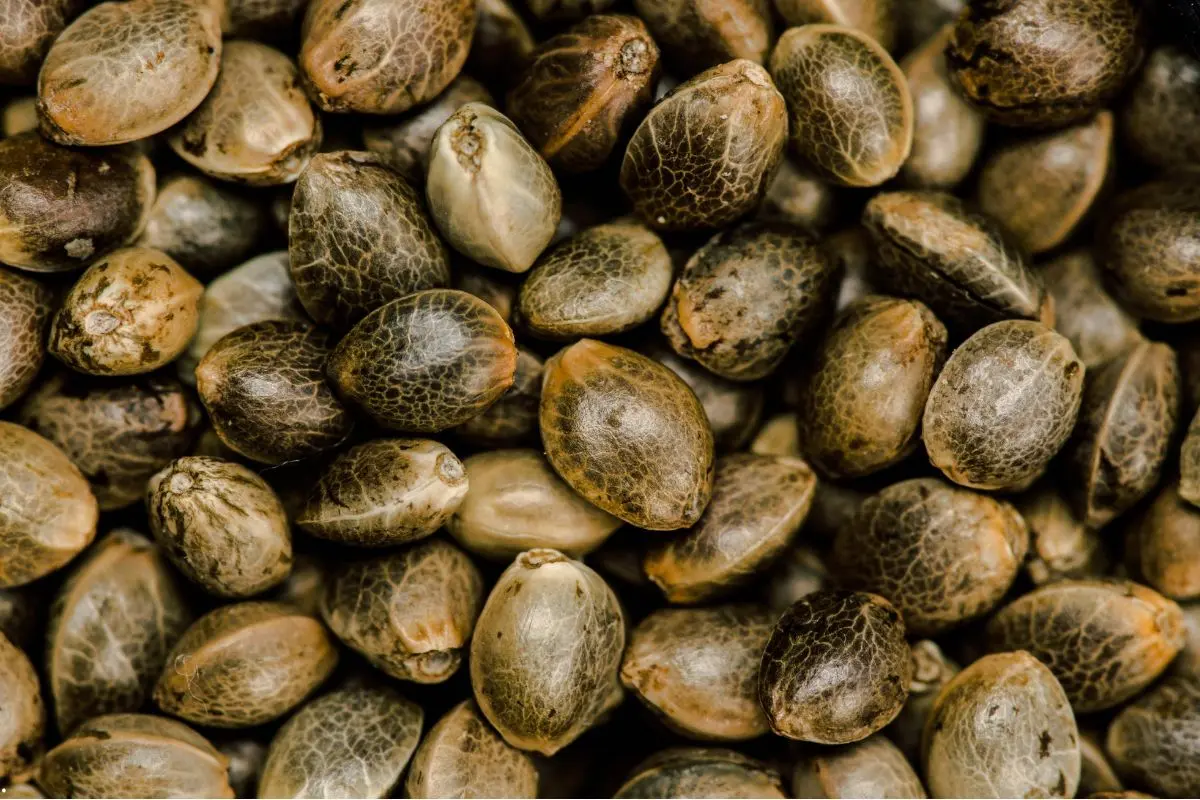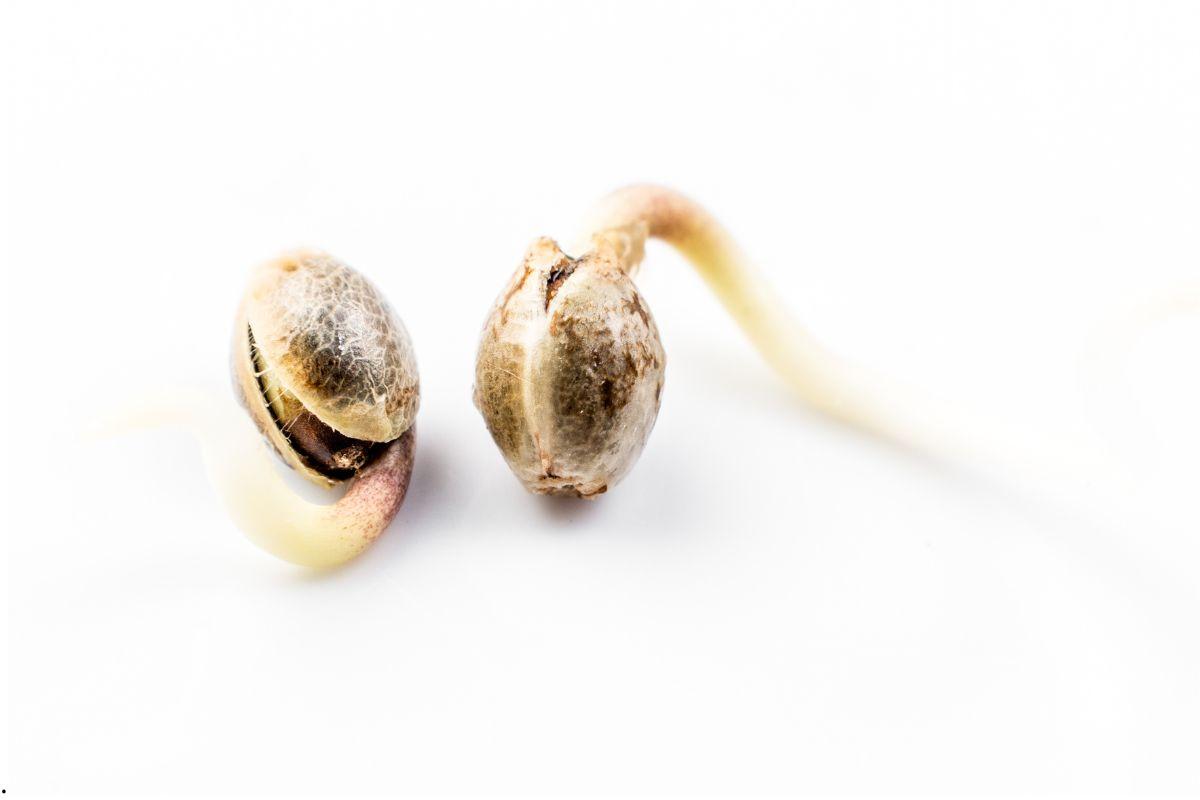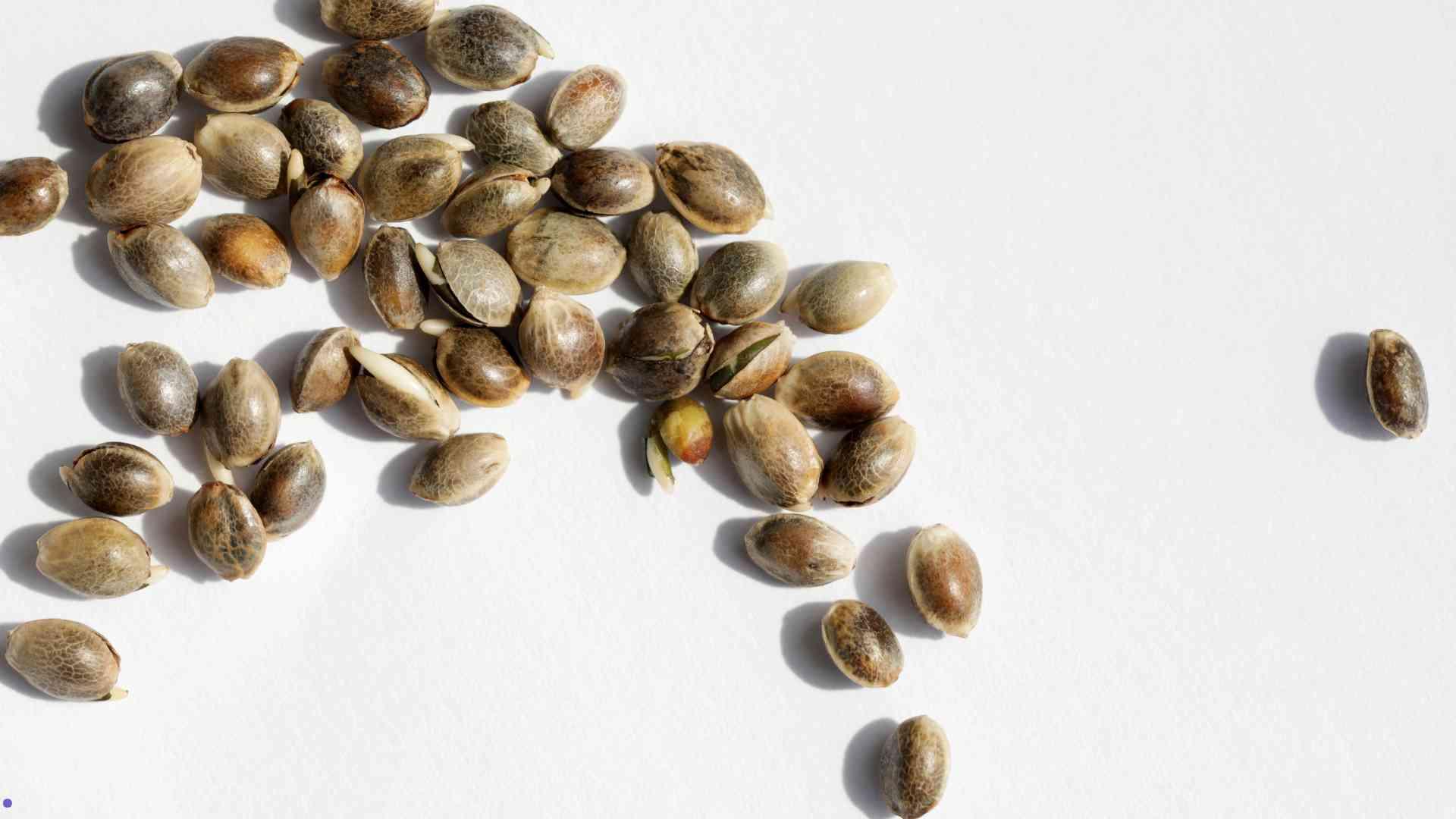Anyone starting out with cannabis cultivation faces their first big decision: which seeds to buy? In seed shops, you’ll mainly find three categories: feminized photoperiod, autoflowering (automatic), and the less common regular seeds. In this guide, we’ll focus on the two most popular types, break down their pros and cons, and explain when each makes the most sense.
What Are Feminized Photoperiod Seeds?
Feminized means the seed will grow into a female plant in 99% of cases — the one that produces resin-rich buds. That’s a huge relief for growers, since you don’t need to waste time identifying and removing males.
Photoperiod, on the other hand, refers to the way the plant switches into flowering. These strains respond to changes in the light cycle: outdoors this happens naturally as days get shorter, while indoors growers switch the lamps from 18/6 to 12/12.
This gives you significant control over the plant: you can keep it in veg for as long as you want, let it grow bigger, develop strong branches, and eventually deliver a heavier harvest.
Pros of feminized photoperiod seeds:
- high yield potential,
- full control over vegetative and flowering phases,
- huge range of genetics to choose from.
Cons:
- longer cultivation time (anywhere from 4 to 6 months),
- require more space and growing techniques,
- less discreet compared to autos.
What Are Autoflowering Seeds?
Autoflowers are strains that flower regardless of the light cycle. There’s no need to flip your lamps or wait for shorter days — after about 3–4 weeks of veg, they automatically switch into flowering.
This is a huge advantage for beginners. As long as you provide stable conditions, the plant will bloom on its own schedule.
Pros of autoflowers:
- fast cultivation: from seed to harvest in 8–12 weeks,
- discreet: plants are usually shorter and more compact,
- simple: no need to manage the light cycle.
Cons:
- smaller yields compared to photoperiods,
- short veg period = less time to fix mistakes,
- some autos can be more sensitive to stress.
Practical Comparison: Time, Yields, and Requirements
- Cultivation time: autoflowers win in speed — 2–3 months vs. 4–6 months for photoperiods.
- Yields: feminized photoperiod strains can produce significantly more, even several hundred grams per plant. Autos usually deliver smaller but more reliable harvests.
- Requirements: autos are easier for beginners, but less forgiving — the cycle runs no matter what. Photoperiods allow more time to learn and correct mistakes.
When to Choose Autoflower vs. Feminized Photoperiod Seeds?
- Choose autoflowers if: you want fast results, prefer discreet and compact plants, or you’re just starting out and don’t want to worry about advanced techniques.
- Choose feminized photoperiod strains if: you have more patience, can dedicate more space and time, and your goal is heavy, satisfying yields.
Conclusion
For beginners, the choice often boils down to: quick and easy, or long but rewarding? Autoflowers deliver quick harvests and less risk of failure at the start. Photoperiods demand more patience and care but can reward you with massive yields.
The best way forward? Try both types and see for yourself which style of growing fits you best.
FAQ – Frequently Asked Questions
Are autoflowers also feminized?
Yes, most autoflowers on the market are feminized, so you don’t need to worry about males.
Can you train autoflowers (LST, topping)?
Yes, but keep it light — LST works best. With their short cycle, heavy training usually doesn’t pay off in time.
Do feminized photoperiod strains work outdoors?
Absolutely — but they need longer summers and strong sunlight.
Are autoflowers worse than photoperiods?
Not at all — it depends on your goals. Autos mean speed and simplicity, photoperiods mean control and yield potential.

